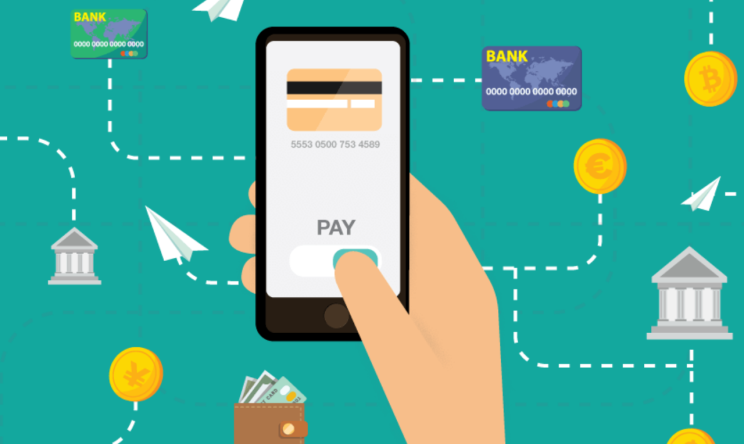 July 19, 2021
July 19, 2021
The impact of COVID-19 Pandemic over the last 18 months has drastically changed the payments landscape, presenting new challenges and some unexpected opportunities for the payments industry to both embrace and tackle accordingly.
But what does this mean for the future of payments post-pandemic?
The coronavirus pandemic has accelerated the decline of cash, with Worldpay predicting that just 7% of all UK shop payments will be made using physical money by 2024. The report also found that cash purchases fell to 13% over 2020, with the trend predicted to continue to fall over the next three years. If this, indeed, proves to be true, it will be a pivotal moment for the financial industry.
Over 2020, consumer concern regarding the health exposure risk to COVID-19 increased with a shift from traditional cash payments to digital transactions being used around the world. Contactless card payments are now used by 79% of the public worldwide and 91% in the Asia Pacific region, mainly for protection and cleanliness reasons. This data also reinforces the idea proposed above that the end of cash could be in sight.
“There’s now more than 70 million crypto wallet holders around the world- hardly surprising when Bitcoin’s become one of the most talked-about topics in mainstream financial media,” said Lottie Wells, Head of Community Engagement and the Women in Crypto Powerlist at Wirex, creator of the world’s first crypto-enabled payment card. With mass adoption of crypto now becoming increasingly likely and the likelihood of crypto competing with the traditional economy, it is no wonder that the world’s governments are starting to put in place regulatory frameworks in order to exercise some control over the decentralised nature of crypto.
Fear of contracting COVID-19 and the reduction of the use of cash aren’t the only reasons why digital payments are booming. There is also a heightened sense of awareness around fraud within the financial technology space with people frantically searching for ways they can be safe when making online transactions. This comes from the psychological effects that the pandemic has presented us with, where we are seeing a lot of social engineering-based types of attacks mostly around instilling fear: ‘your account has been breached, you need to call this number and give me your credentials so we can protect you’ etc. An increasing number of fraudsters know full well that the population is utilising mobile channels more and more. They also know that many people who are less technologically savvy are using them, too and will do anything to take advantage of their weaknesses. It is paramount that businesses across the globe implement the highest quality security protocols to protect their consumers at all costs.
The COVID-19 crisis, unintentionally, has acted as a channel for an inevitable shift towards the digital world. Only time will tell if these changes become permanent within the payments industry and whether the benefits of them will be embraced by the world’s economies.